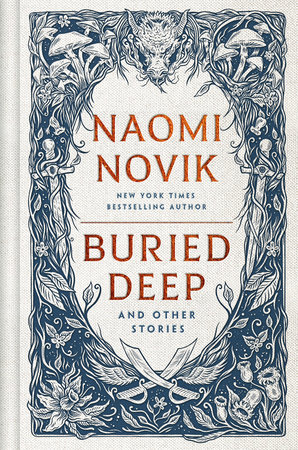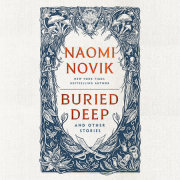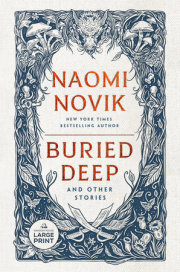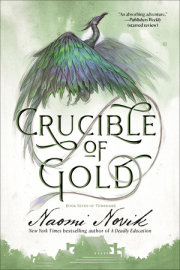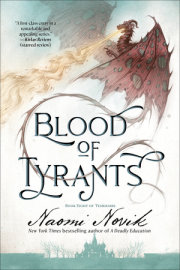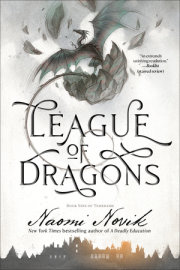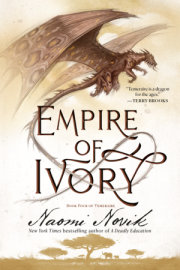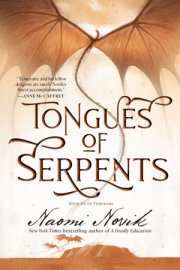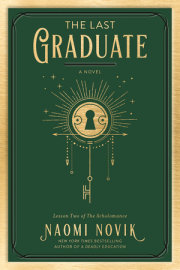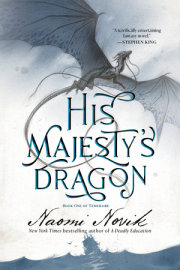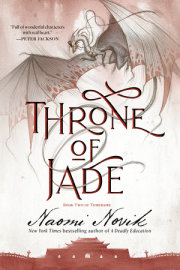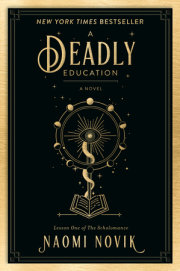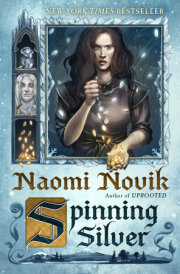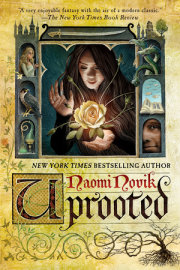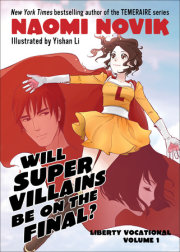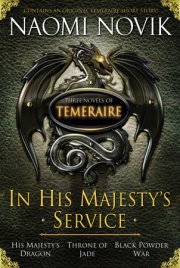Araminta, or, The Wreck of the Amphidrake My house growing up was full of words; my mother read widely. She had a specific taste in romance novels: thin and smooth, to be drunk up like a glass of wine in the evening and the empties taken back to the used bookstore in large bags to exchange for a case of new ones, or ones that had been read long enough ago to be good to taste all over again. The Regencies were my favorites; Heyer of course, but almost any would do, except I had violent feelings about the ones that were wrong,
by which I meant the ones where the characters were modern people playing dress-up in diaphanous muslins and riding in carriages, just pretending. Because I was interested in the rules,
so inviolate and so obvious to the characters themselves, these people living inside narrow boxes, especially the women—in the short length of these books, their world couldn’t be more real and complicated, so instead they had to believe in the rules, inhabit them, or else it didn’t feel right. And I didn’t mind if they cheated, but they had to be clever about it. So this is a Regency story: about a world with a different set of rules, and a very good cheater. Lady Araminta was seen off from the docks at Chenstowe-on-Sea with great ceremony if not much affection by her assembled family. She departed in the company of not one but two maids, a hired eunuch swordsman, and an experienced professional chaperone with the Eye of Horus branded upon her forehead, to keep watch at night while the other two were closed.
Sad to say these precautions were not entirely unnecessary. Lady Araminta—the possessor of several other, more notable names besides, here omitted for discretion—had been caught twice trying to climb out her window, and once in her father’s library, reading a spellbook. On this last occasion she had fortunately been discovered by the butler, a reliable servant of fifteen years, so the matter was hushed up; but it had decided her fate.
Her father’s senior wife informed her husband she refused to pay for the formal presentation to the Court necessary for Araminta to make her debut. “I have five girls to see established besides her,” Lady D— said, “and I cannot have them ruined by the antics which are certain to follow.”
(Lest this be imagined the fruits of an unfair preference, it will be as well to note here that Araminta was in fact the natural daughter of her Ladyship, and the others in question her daughters-in-marriage, rather than the reverse.)
“It has been too long,” Lady D— continued, severely, “and she is spoilt beyond redemption.”
Lord D— hung his head: he felt all the guilt of the situation, and deserved to. As a youth, he had vowed never to offer prayers to foreign deities such as Juno; and out of obstinacy he had refused to recant, so it had taken three wives and fourteen years to acquire the necessary son. Even then the boy had proven rather a disappointment: sickly and slight, and as he grew older preferring of all things literature to the manly arts of fencing or shooting, or even sorcery, which would at least have been respectable.
“But it is rather messy,” young Avery said, apologetic but unmoving, even at the age of seven: he
had inherited the family trait of obstinacy, in full measure. It is never wise to offend foreign deities, no matter how many good old-fashioned British fairies one might have invited to the wedding.
Meanwhile Araminta, the eldest, had long shown more aptitude for riding and shooting than for the cooler arts, and had a distressing tendency to gamble. Where her mother would have seen these inappropriate tendencies nipped in the bud, Lord D—, himself a notable sportsman, had selfishly indulged the girl: he liked to have company hunting when he was required at home to do his duty to his wives—and with three, he was required more often than not.
“It is not too much to ask that at least one of my offspring not embarrass me on the field,” had been one of his favorite remarks, when chastised; so while her peers were entering into society as polished young ladies, beginning their study of banking or medicine, Lady Araminta was confirmed only as a sportswoman of excessive skill, with all the unfortunate results heretofore described.
Something of course had to be done, so a match was hastily arranged with the colonial branch of a similarly exalted line. The rumors she had already excited precluded an acceptable marriage at home, but young men of good birth, having gone overseas to seek a better fortune than a second son’s portion, often had some difficulty acquiring suitable wives.
In those days, the journey took nearly six months, and was fraught with considerable dangers: storms and pirates both patrolled the shipping lanes; leviathans regularly pulled down ships, mistaking them for whales; and strange fevers and lunacies thrived amid the undersea forests of the Shallow Sea, where ships might find themselves becalmed for months above the overgrown ruins of the Drowned Lands.
Naturally Lady Araminta was sent off with every consideration for her safety. The
Bluegill was a sleek modern vessel, named for the long, brightly painted iron spikes studded in a ridge down her keel to fend off the leviathans, and armed with no fewer than ten cannon. The cabin had three locks upon the door, the eunuch lay upon the threshold outside, the maids slept to either side of Araminta in the large bed, the chaperone had a cot at the foot; and as the last refuge of virtue she had been provided at hideous expense with a Tiresian amulet.
She was given no instruction for the last, either in its use or in how it would act to preserve the virtue in question, and only told with great emphasis to always keep it in its box and put it on only if the worst should threaten—the worst having been described to her rather hazily by Lady D—, who felt suspiciously that Araminta already knew a good deal too much of such things.
There were not many tears in evidence at the leave-taking, except from Lady Ginevra, the next-oldest, who felt it was her sisterly duty to weep, though privately delighted at the chance of advancing her own debut a year. Araminta herself shed none; only said, “Well, good-bye,” and went aboard unrepentant, having unbeknownst to all concealed a sword, a very fine pair of dueling pistols, and a most inappropriate grimoire in her dower chest during the upheaval of the packing. She was not very sorry to be leaving home. She was tired of being always lectured, and the colonies seemed to her a hopeful destination: a young man who had gone out to make his fortune, she thought, could not be quite so much a stuffed-shirt.
After all the preparations and warnings, the journey seemed to her so uneventful as to be tiresome: one day after another altered only by the degree of the blowing wind, until they came to the Drowned Lands and the wind died overhead. She enjoyed looking over the railing for the first few days, at the pale white gleam of marble and masonry which could yet be glimpsed in places, when the sailors gave her a bit of spell-light to cast down below.
“There’s nowt to see, though, miss,” the master said in fatherly tones, while she peered hopefully. Only the occasional shark, or sometimes one of the enormous sea-spiders, clambering over the ruined towers with their long spindly red legs, but that was all—no gleam of lost treasure, no sparks of ancient magic. “There’s no treasure to be had here, not without a first-rate sorcerer to raise it up for you.”
She sighed, and insisted instead on being taught how to climb the rigging, much to the disgust of the sailors. “Not like having a
proper woman on board,” more than one might be heard quietly muttering.
Araminta was not perturbed, save by the increasing difficulty in coaxing interesting lessons from them. She resorted after a while to the privacy of her cabin, where through snatched moments she learned enough magic to hide the grimoire behind an illusion of
The Wealth of Nations, so she might read it publicly and no-one the wiser. The Tiresian amulet she saved for last, and tried quietly in the middle of the night, hidden from the third eye beneath the bedcovers while the chaperone Mrs. Penulki snored. Araminta was taken aback by the results, which were immediate, and took it off again straightaway, but discovering that the effects reversed themselves with equal speed, after a moment an adventurous spirit overcame her first hesitation, and she decided on making a more thorough trial. The maids on either side of her, at first rather startled, were persuaded with only a little difficulty to participate. (It must be admitted they were somewhat young and flighty creatures, and already overawed by their noble charge.)
Copyright © 2024 by Naomi Novik. All rights reserved. No part of this excerpt may be reproduced or reprinted without permission in writing from the publisher.

